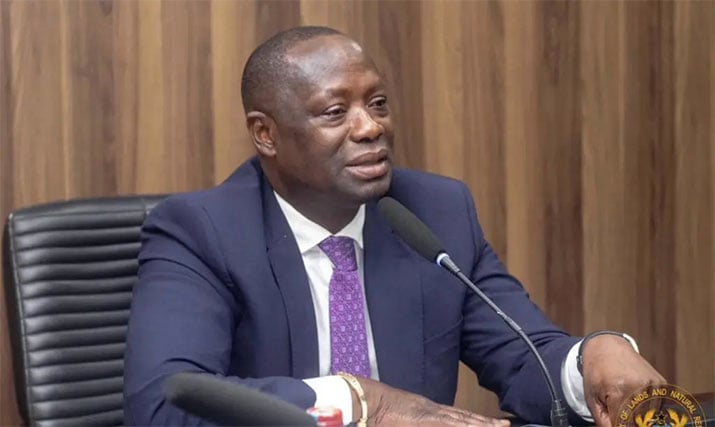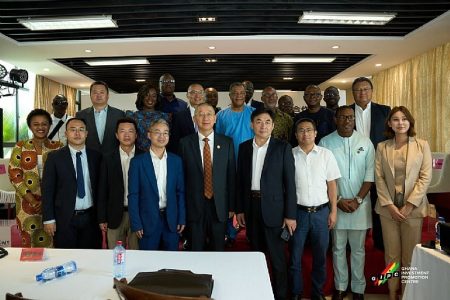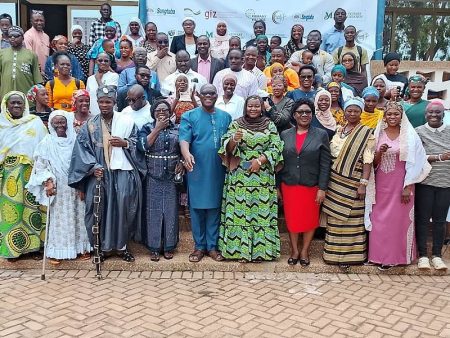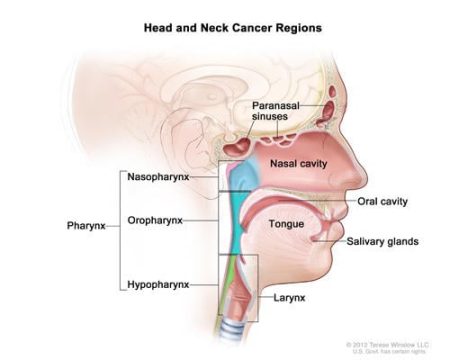Ghana’s mining sector is on the cusp of a major overhaul as the Ministry of Lands and Natural Resources prepares to revoke nearly a thousand small-scale mining licences. This decisive action stems from a comprehensive review of existing permits, which unearthed widespread irregularities and raised serious concerns about the integrity of the licensing process. The move signals the government’s intensified commitment to combatting illegal mining, locally known as “galamsey,” and restoring order to a sector plagued by environmental degradation and regulatory violations.
The review, conducted by a special committee, scrutinized 1,278 small-scale mining licences. The findings painted a stark picture of systemic flaws within the licensing regime. A mere 316 licences were deemed compliant with regulations, while a staggering 962 permits were flagged for a litany of irregularities. These ranged from missing documentation and flawed processing procedures to questionable data integrity, raising doubts about the legitimacy of a significant portion of the small-scale mining operations in the country. This revelation underscores the urgent need for reform and stricter oversight within the sector.
Lands and Natural Resources Minister Emmanuel Armah Kofi Buah, in announcing the impending revocations, issued a two-week ultimatum to the affected licence holders. They are required to rectify the identified anomalies within the stipulated timeframe or face permanent revocation of their operating permits. This decisive action signals the government’s resolve to enforce existing regulations and hold mining operators accountable for their actions. The minister’s strong stance reflects the growing national concern over the environmental and social consequences of unregulated mining activities.
The minister’s announcement has sent shockwaves through the small-scale mining community, particularly the Ghana National Association of Small Scale Miners (GNASSM). While the association has yet to issue an official response, the move is likely to exacerbate existing tensions between the government and small-scale miners. GNASSM has previously accused the government of unfairly targeting legitimate miners, alleging politically motivated seizures of equipment and harassment by security forces. This pre-existing friction suggests that the government’s latest action may face resistance and potentially legal challenges.
The impending licence revocations represent a critical juncture in Ghana’s ongoing struggle to regulate its mining industry. The move is part of a broader effort to sanitize the sector, curb illegal mining activities, and mitigate the severe environmental damage caused by galamsey. Illegal mining operations have been linked to deforestation, water pollution, and the destruction of agricultural lands, posing a significant threat to the country’s ecological balance and the livelihoods of communities dependent on natural resources.
The government’s crackdown on illegal mining is not without its complexities. Balancing the need for environmental protection with the economic interests of small-scale miners presents a significant challenge. Small-scale mining provides livelihoods for many Ghanaians, and the government must carefully consider the socio-economic implications of its actions. The coming weeks will be crucial as the affected licence holders scramble to address the irregularities and the government navigates the delicate balance between enforcing regulations and supporting legitimate mining operations. The future of small-scale mining in Ghana hangs in the balance, dependent on the outcomes of these impending changes and the ongoing dialogue between the government and mining stakeholders. Furthermore, the transparency and effectiveness of the reformed licensing process will be vital in rebuilding trust and ensuring the long-term sustainability of the mining sector. The government’s commitment to overhauling the system offers a glimmer of hope for a more responsible and environmentally sustainable mining industry in Ghana.













